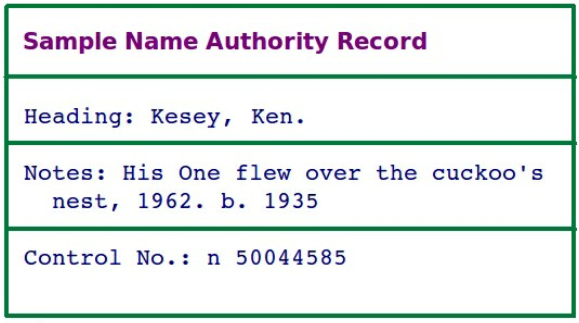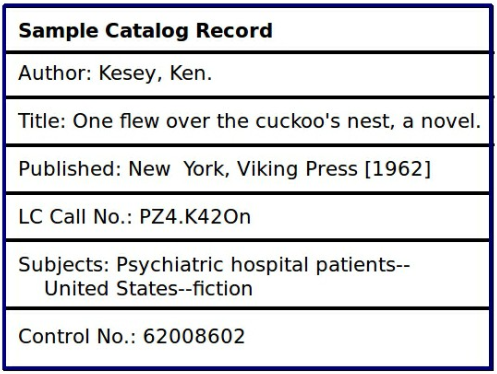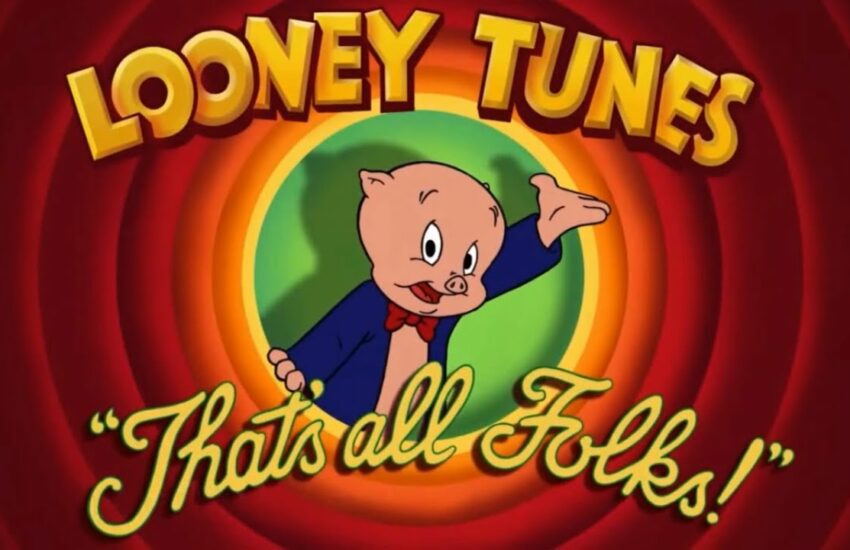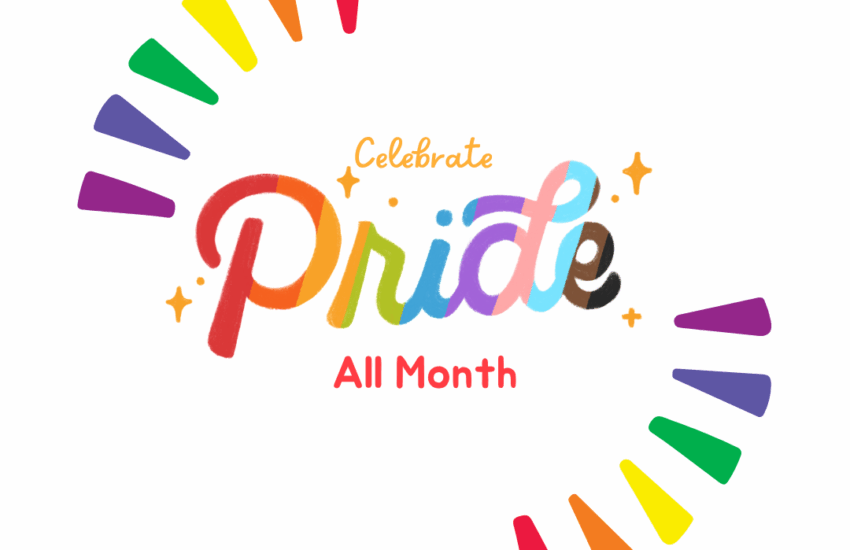Behind the Scenes of the Library: An Interview with the Head of Cataloging, John Williams
Have you ever wondered what goes on behind the scenes of an academic library? Yes, there are plenty of books- but how are these books acquired, cataloged, and shelved? Beyond books, the library has a vast amount of material, spanning across electronic collections to special collections. And, of course, the library offers an array of services, from reference to circulation… But again, what does this all mean?! What do all of these various library departments do? And how do all of these individualized departments come together to operate an entire academic library?
Well, you’re in luck, because our latest blog post series, Behind the Scenes, will take you into, through, and around various departments of the Fordham University Libraries. Enjoy this super-exclusive backstage pass inside the academic library world!
Today, we sit down with John Williams, Head of Cataloging at the Fordham University Libraries.
What are some of your primary responsibilities as the Head of Cataloging at Fordham University Libraries?
My primary responsibility is to oversee the original or copy cataloging of all hard-copy materials. These include print materials and media (CD’s, DVD’s, Blu-Rays). I also oversee the creation of metadata for materials to be included in our digital collections, identify materials that would be suitable for inclusion in our digital collections and to provide upkeep on the indexing of our catalog by identifying unauthorized headings. I also create original records to be included in the Name Authority File. We also send monographic items to bindery or refer the items to the Conservation Librarian for repair.

Cataloging is often seen as the “behind-the-scenes” engine of a library. How do you find personal meaning in a role that some might overlook?
Nothing makes me happier than looking at a catalog record and then being able to replace it or do some major editing and knowing that I helped our users.
Cataloging rare or unique materials must bring its own batch of challenges. Can you share a memorable item you’ve worked on that required extra creativity or problem-solving?
This is not so much a cataloging issue, but once upon a time, if we had a bound pamphlet volume, we would have to add a barcode on the front cover for each item that was included in the volume. I found a way to link all the titles in a bound volume under a single barcode. It makes things much easier for the Circulation folks when checking out materials. There are still a lot of them out there, but it’s doable.

How do you ensure accuracy and consistency in cataloging across such a large collection?
I have a great staff and the nice thing about cataloging is that we work with all of the different library departments very closely. I’m able to find and fix a lot of problems just by looking at the backend of the catalog; and I’ll get questions from my colleagues in other departments, from simple questions like fixing a faded label to more complicated ones like having to provide original cataloging immediately on a title in a foreign language that a faculty member needs for their research.
Can you explain what “reclassing” is and walk us through that process?
Reclassing actually solves a lot of problems. By going through a call number, I’m able to identify items that need to have enhancements provided, are shelved in a call number which no longer exists and provide original authority records for unauthorized name headings. What a lot of people don’t realize is that new call numbers are created constantly and by not keeping up with the new call numbers, older books are shelved in one place and newer books in another. We have a really amazing collection. Our users deserve to have the best records available and everything in its proper place. I work closely with the Circulation department, who also finds books on the shelf that are unbarcoded or don’t have a record in our catalog.

Linked data and metadata have become buzzwords in library science. How do you view their role in building a more connected, intuitive library system for users?
I’m all for anything that will bring our unique collections to the forefront. We’re already doing some work with linked data by using FAST headings and our authority work. For our digital collections, we use MARC catalog records to help create the metadata for the digital materials.

What trends do you see emerging in cataloging, and how do you think the field will evolve over the next decade?
At some point, we’ll be using BIBFRAME over MARC. I don’t see cataloging going away anytime soon. In the library world, there will always be a need to organize and structure data to make resources ‘findable’ to the user.
What are you most proud of in your department’s work?
I’m very proud of my department’s ability to process incoming materials as quickly and efficiently as they do. It’s very rare for us to have a backlog. It also helps that everyone in my department gets along with each other and works well together. Having a department that has respect for each other makes a huge difference.
If you could implement one major change or improvement in your department, what would it be?
I’d love for there to be a larger budget for attending conferences and for training.
Any advice for aspiring catalogers or those interested in the field of library science?
Have a healthy interest in learning new things. Knowing a second language is definitely a bonus. If your library school offers you the option to do an internship, even if it’s unpaid, take it. You’ll get real hands-on experience and may get a mentor to help guide you with your first cataloging job.



